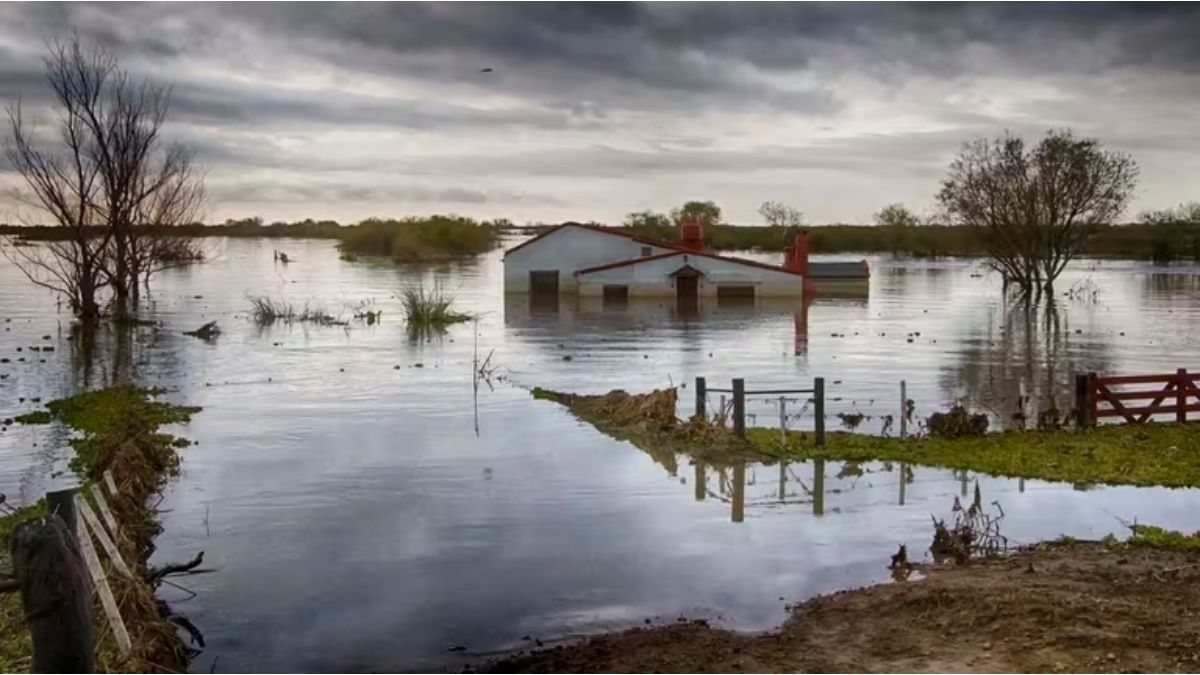By Ariel Slipak and Matías Cena Trebucq
The first year of Javier Milei’s government was marked by an adjustment scheme that directly impacted social, cultural and environmental areas. In a context of cutting the national budget, which in 2024 had a real reduction of 26.3% compared to 2023, environmental items had falls between 34% and 81% in real terms.
The impact of this budget reduction goes beyond the economic. Reducing the funds for the care of the environment translates into concrete and devastating damage for both ecosystems and people. In addition, it generates even higher long -term costs.
When analyzing the national budget, it is seen that: the Undersecretariat of Environment suffered a cut of 79.4%; The National Parks Administration (APN), one of 34%; The National Fire Management Service lost 81% of its budget; and the National Fund for the Enrichment and Conservation of Native Forests had no execution throughout the year. To this is added the 76.6% adjustment in the sanitation programs of the Matanza-Riachuelo basin.
What are the concrete impacts of these cuts?
In 2024, more than 300,000 hectares caught fire while in the first months of 2025, fires in Patagonia and Corrientes swept more than 287,000 hectares of forest, leaving fatal victims and hundreds of homeless families. According to official statements, to deal with the damages and losses in the provinces, $ 7,000 million were allocated as the advancement of the National Treasury for Chubut and $ 5,000 million for the reconstruction of housing in Río Negro.
That is, a total of $ 12,000 million, a greater amount compared to what is executed by the National Fire Management Service throughout 2024: $ 7,339 million of a total budget of $ 33,342 million. These actions confirm the reactive look to address the problem, when the damages are already made.
During the first days of March, Floods in Bahía Blanca, that produced the death of 16 people and destroyed entire urban areas, They reflect the lack of planning and adaptation of cities to this type of extreme climatic events.
Given this situation, the National Government transferred $ 10,000 million from the National Treasury Contributions Fund (ATN), created by Law 23,548 of Federal Copartition. This fund, which is formed with 1% of the co -participible mass for the purpose of “ attending emergency situations and financial imbalances of provincial governments. ” In practice, successive governments have used this fund in a discretionary way based on their link with provincial governments, leaving aside the purpose linked to emergency care.
In 2024, the ATN fund raised $ 679,897 million, of which only $ 49.8 billion were executed. In turn, as of March 31, 2025, $ 209,276 million had already been raised, but only $ 47,000 million were executed. These data reflect that the National Government is retaining more than $ 792,373 million that, according to current regulations, must be distributed between the provinces and destined for emergency care.
In turn, in 2024, the execution of the project “Support for the expansion of adaptation to climatic extremes” went from $ 37,155 million in 2023 to $ 46.6 million, a 99.96% reduction in real terms. In addition, days before the storm occurs, the Government decided to dissolve the National Emergency Directorate, throwing or availability its 485 employees.
Government priorities: payment of debt and fossil subsidies
While environmental items suffered cuts, other areas of the budget were practically intact. The hydrocarbon sector continued to receive billionaire subsidies: of the $ 577,150 million allocated to this item, 68.7% ($ 396,298 million) was transferred directly to gas companies, while only 31.3% ($ 180,852 million) went to reduce rates for consumers.
Another privileged departure was the public debt. The expense in this area fell only 15.2%, well below the 26.3% average of the national budget. In fact, in 2024 the Government allocated $ 9,413,245 million to the payment of debt services, 6 times more than what is intended for the Ministry of Health.
Who pays the consequences?
Under the argument of the State reduction and the search for the fiscal surplus, essential items are cut for the environmental protection and well -being of the population. While some sectors benefit from government fiscal policies, there are people forced to face fires with limited resources, floods without adequate infrastructure and dismissals.
It is not just numbers in a form, but of human lives, devastated ecosystems that will take decades to restore and increasingly vulnerable populations. The recovery of the role of the State as a guarantor of the right to a healthy environment and the implementation of planning mechanisms are essential to face the climatic and ecological challenges of the present and the future.
Allocating funds to environmental items and guaranteeing their execution is not just an economic decision; It is a political decision, and as we have seen, its definance brings irreversible consequences.
Professionals from the Farn research area.
Source: Ambito
David William is a talented author who has made a name for himself in the world of writing. He is a professional author who writes on a wide range of topics, from general interest to opinion news. David is currently working as a writer at 24 hours worlds where he brings his unique perspective and in-depth research to his articles, making them both informative and engaging.




